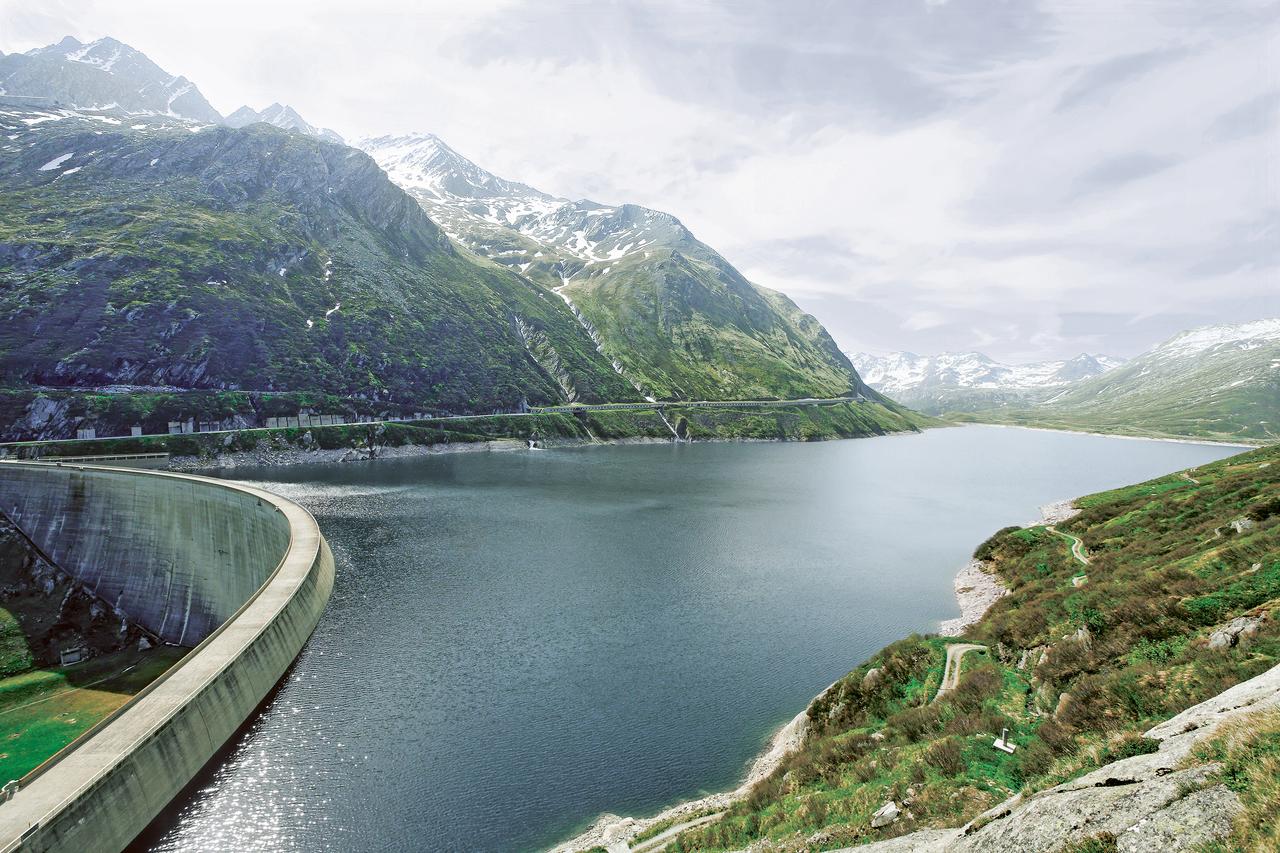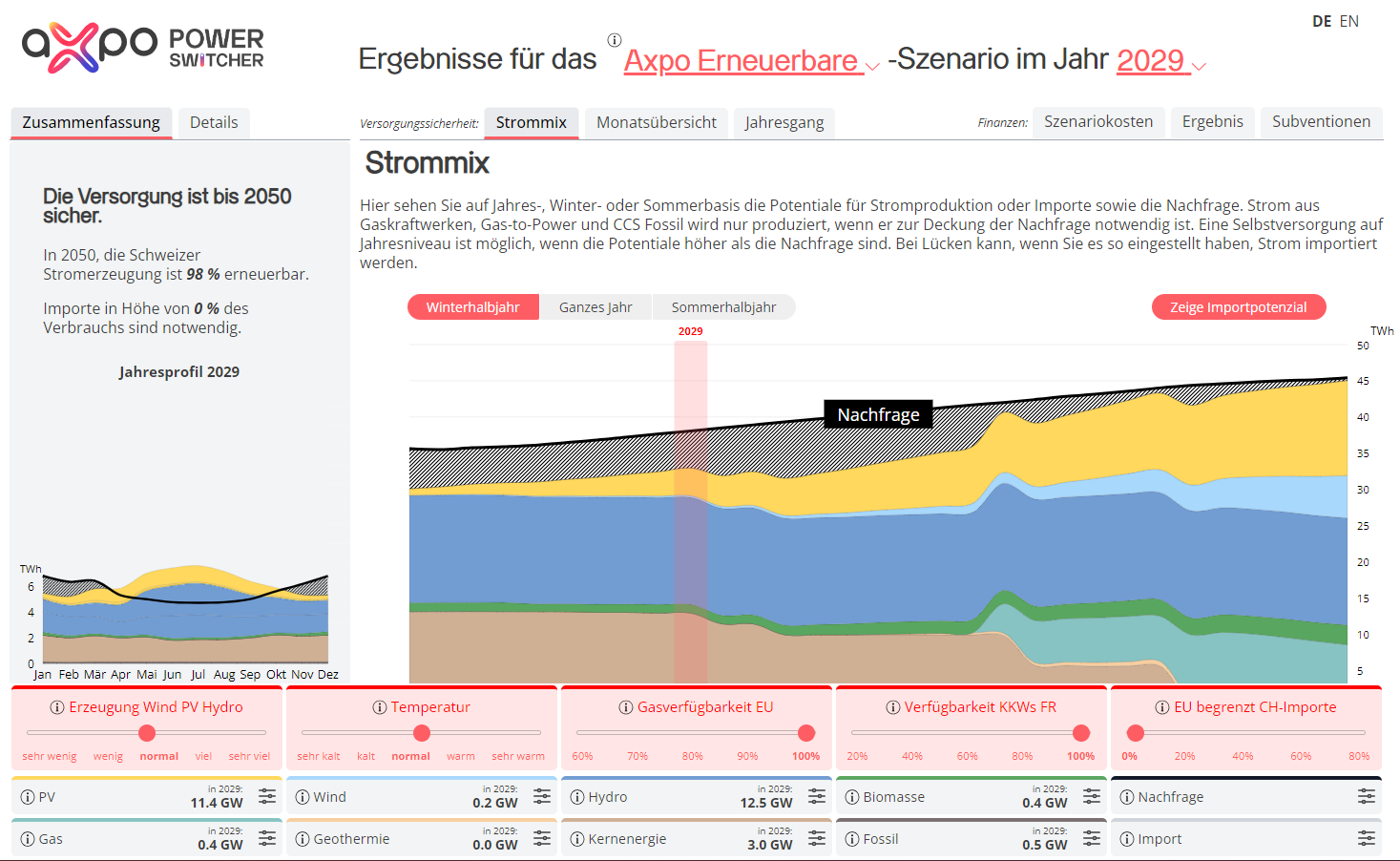09.05.2022 | Everywhere, but never alone
What exactly is hydrogen?
Hydrogen is the smallest and lightest chemical element, and one of the most common in the universe. It is a component of water and, in addition to carbon, a basic element for all life on our planet. It is everywhere, but never alone.
In our everyday lives, hydrogen does not occur in atomic form, but instead as a diatomic molecule (chemical symbol: H2, a colourless, tasteless, odourless gas). Hydrogen liquefies at -253 °C and solidifies at -259 °C. Because it is so tiny and light, it can easily pass through porous materials or the smallest leaks.
In addition, hydrogen has a very high energy density: A kilogram of hydrogen is as energy-rich as three kilograms of petrol or diesel.
Hydrogen is everywhere, but never alone
In contrast to the universe, on earth hydrogen in its elementary form occurs only in traces: in the earth's atmosphere and in volcanic gases. As a rule, it is chemically bonded, mainly in water (H2O). This is also the basis for the chemical symbol "H" for hydrogen, in Latin hydrogenium which means "water creator".
Hydrogen is also a component of other inorganic matter such as acids or salt-like substances. It is a component in most organic matter like carbon compounds, for example carbohydrates, fats and proteins, as well as oil and natural gas.
If you are interested in hydrogen technology and what Axpo is doing with it, have a look at our "Hydrogen" knowledge dossier and learn more.




.jpg)





